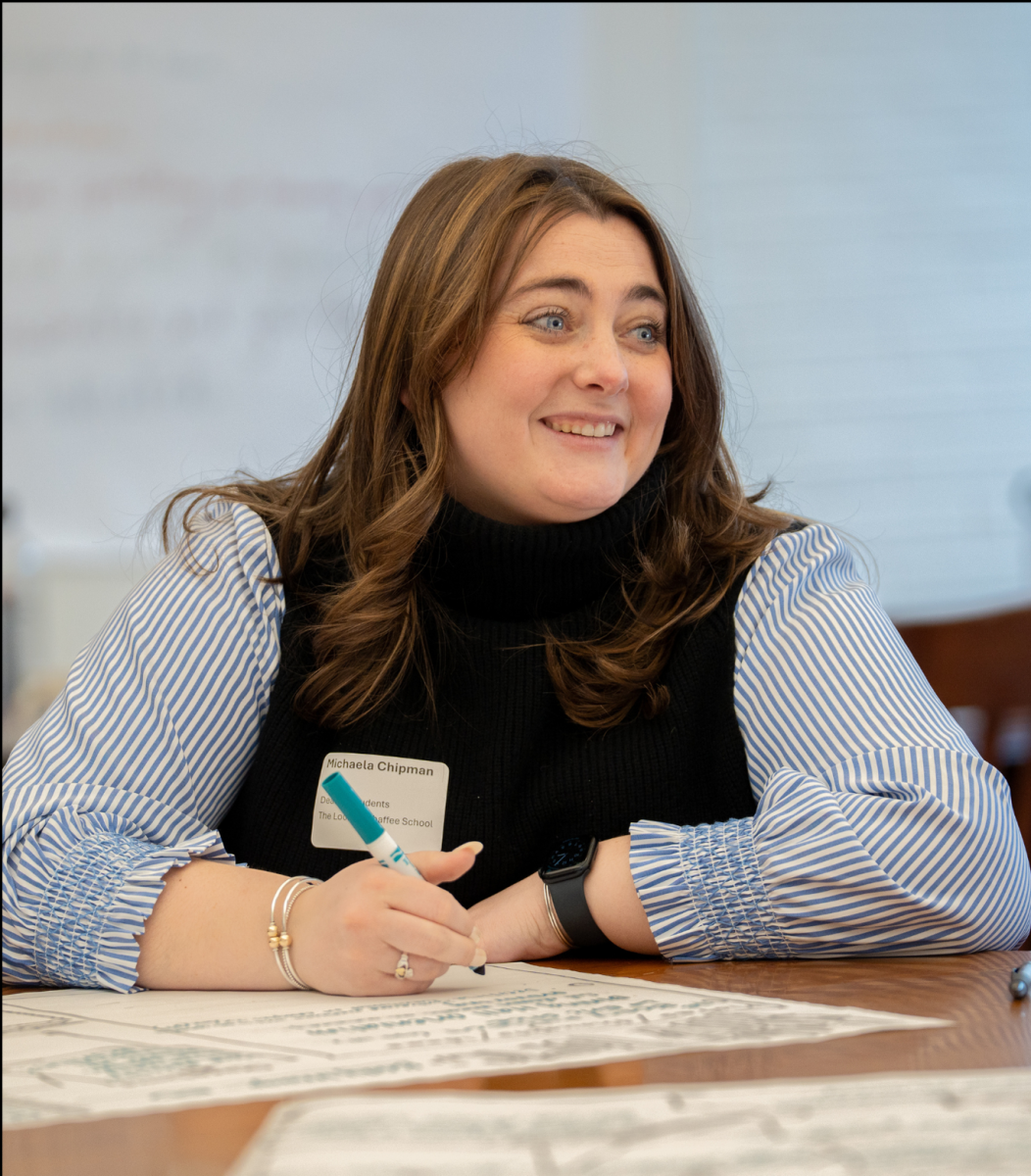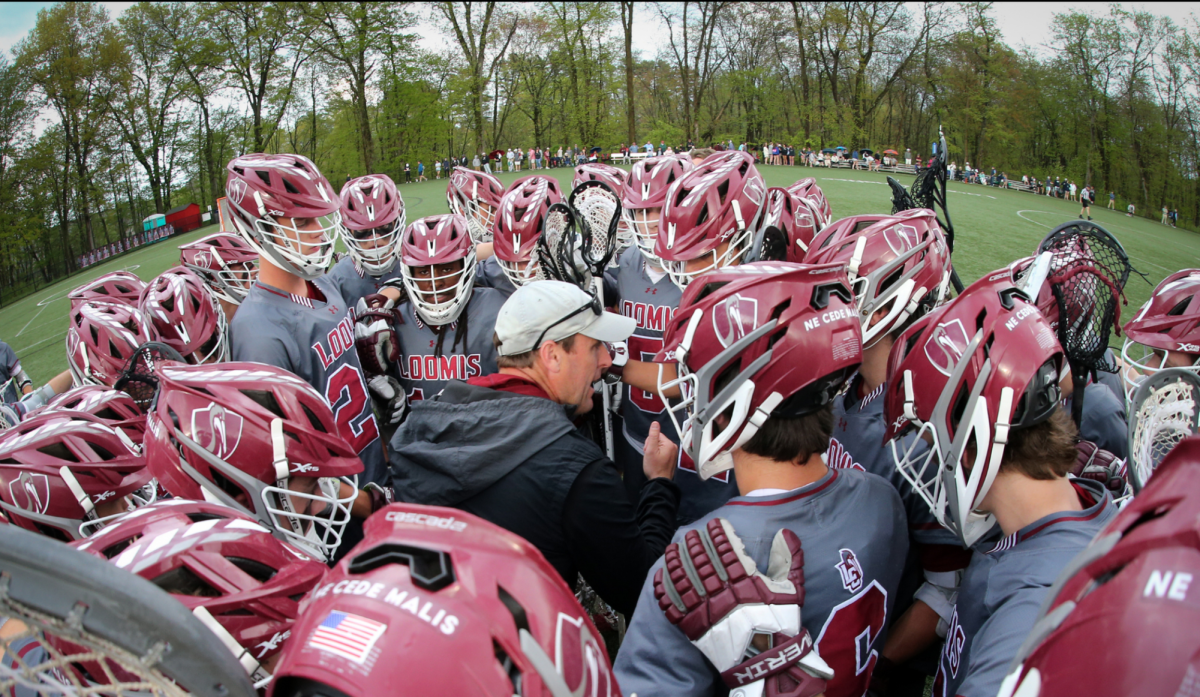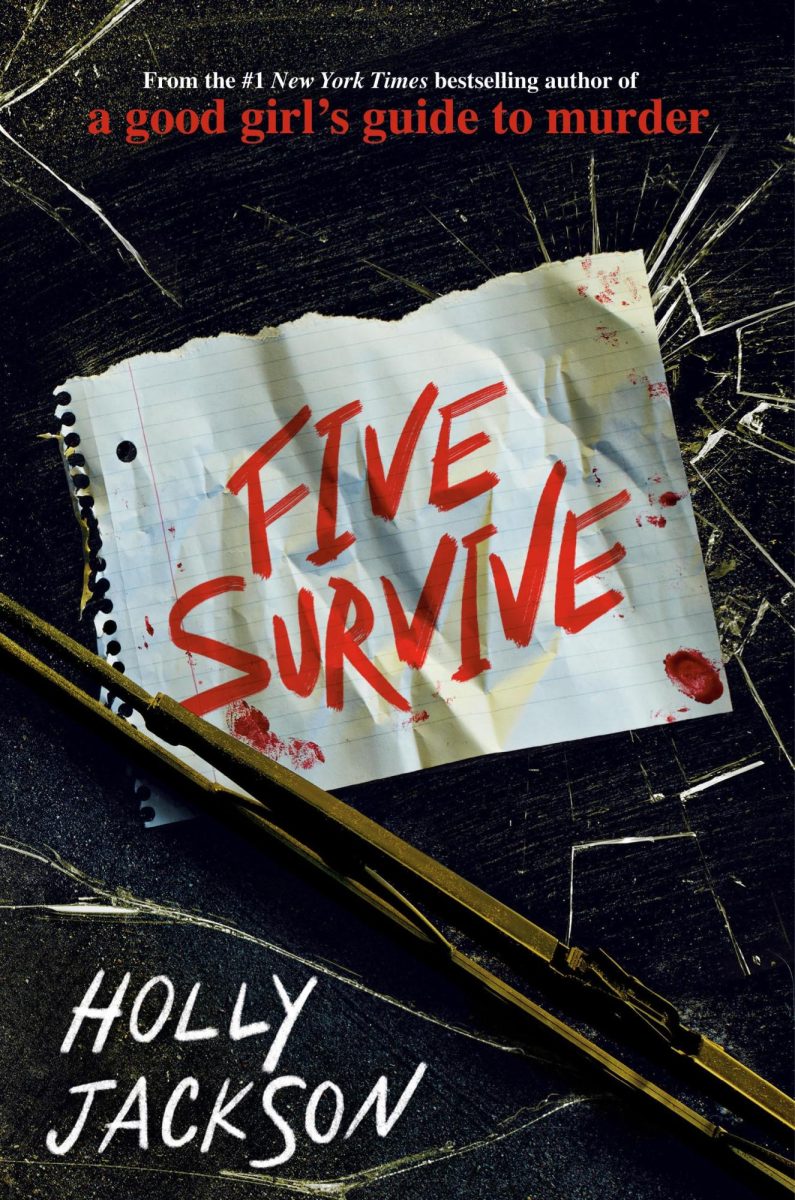MLK Day Speaker: Jenny Tsai and Health Equity
February 24, 2023
“Of all the forms of inequality, injustice in health is the most shocking and the most inhumane.” – Martin Luther King, Jr. at the Convention of the Medical Committee for Human Rights, Chicago, March 1955.
This statement resounded throughout the Loomis Chaffee campus during Martin Luther King Jr. Day, a day on which the school pauses classes and commemorates Dr. King’s legacy and lifelong work with a convocation speaker and student performances. Upon establishing this year’s theme of health equity, the school welcomed Dr. Jenny Tsai, an emergency room resident at the Yale School of Medicine, to discuss her work in advancing anti-racism in medicine.
Dr. Tsai started exploring race-based medicine during her undergraduate Africana studies at Brown University. Her work in the field eventually became one of her motivations for pursuing her career as an emergency room doctor.
“Race-based medicine was a really obvious example of how medicine gets [patient care] wrong over and over again … It creates a lot of harm and suffering for people across the United States,” Dr. Tsai said. “Why is it that we keep holding on to this myth of racial biology even though it means unequal outcomes with people that we’re supposed to care about?”
Throughout her convocation, Dr. Tsai presented shocking data and anecdotes on the reality of health inequality in the United States. These included numerous accounts ranging from restrictions on kidney transplants for African Americans to widespread asthma in communities of color.
“There are a lot of really problematic, traumatic things that happen in the health businesses … It’s really easy after years of medical training that you just get normalized to … inequity and trauma,” Dr. Tsai said. “It’s hard to … not feel horrified by a lot of what [in] our healthcare system … is just seen as standard operating procedure.”
At the end of her speech, many students left with a newfound understanding of the complex systems of racism that pervade through countless aspects of American life, one of the most serious and inhumane being healthcare.
“What really [stood] out to me is … the underrepresented issue of racism in the health industry, especially when it comes to actual medical research and the … influence of politics and socioeconomics in that whole system,” Quinn Bernardin ’23 said.
Both students and faculty appreciated the careful consideration Dr. Tsai took while exploring and educating the community on such a heavy topic.
“One of the wonderful things about [Loomis] is that we can bring in people like Dr. Tsai and really explore a complicated, nuanced topic. To get the kind of engagement that we saw from our students … is phenomenal … It’s a very difficult topic, but she didn’t shy away from it,” Head of School Dr. Sheila Culbert said.
“Something I really liked about the speaker is how passionate she was about the topic … For such a hard and such a really intense topic, she was still very composed,” Sam Welbeck ’26 said.
One of the most notable aspects of the convocation took place after Dr. Tsai had finished speaking. Even after the Q&A session had concluded, over twenty students and faculty stayed behind, surrounding her with eager questions.
“I really appreciate the thought and care that she put into every answer. It was great to see representation on the stage, and a major highlight is how many people stood back for questions and really were interested in what she had to say,” Associate Director of Diversity, Equity & Inclusion Ms. Stacy-Ann Rowe said.
Through a dissection of the American healthcare system, Dr. Tsai’s convocation speech left members of the LC community with a powerful message. She urged students to continue questioning systems of inequality and to nurture ambitions for justice in their future lives.
“This is a great benefit to the people of the school, many of [whom] have the possibility and opportunity to become workers in the medical field and are now more aware of the obstacles they may have to overcome when they’re in the medical profession,” Iris Sandle ’25 said.








